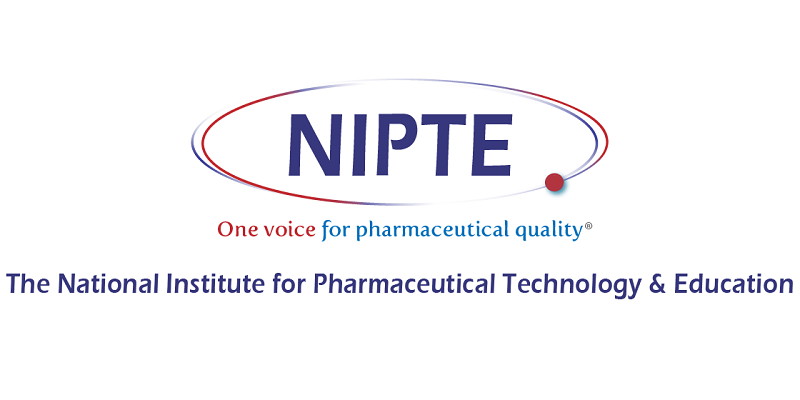Cost of manufacturing genetically engineered cells for therapies is significant, with high process complexity, and variable cell product quality.
Validate a cell engineering technology that uses microfluidic transfection for delivery of therapeutic transgenes.
Demonstrate high efficiency T cell knockout editing using mechanoporation
Demonstrate mechanoporation transfection of iPSCs with large CRISPR-correction plasmids
Demonstrate clinical scale processing (>1B cells) of T cells
Develop a non-viral, mechanical approach to transfection of gene editing cargo, including CRISPR/Cas9, DNA, and mRNA
Loo, J., Sicher, I., Goff, A., Kim, O., Clary, N., Alexeev, A., Sulchek, T., Zamarayeva, A., Han, S., & Calero-Garcia, M. (2021). Microfluidic transfection of mRNA into human primary lymphocytes and hematopoietic stem and progenitor cells using ultra-fast physical deformations. Scientific Reports, 11(1). https://doi.org/10.1038/s41598-021-00893-4
Stone, N. E., Voigt, A. P., Mullins, R. F., Sulchek, T., & Tucker, B. A. (2021). Microfluidic processing of stem cells for autologous cell replacement. Stem Cells Translational Medicine, 10(10), 1384-1393. https://doi.org/10.1002/sctm.21-0080
Login to the NIIMBL member portal to access more, including:
Not yet a member? Learn more about which level of NIIMBL membership is right for you and your organization.

Georgia Tech Research Corporation

Bristol-Myers Squibb

CellFE, Inc.

Merck Sharp & Dohme LLC

National Institute for Pharmaceutical Technology and Education, Inc (NIPTE)